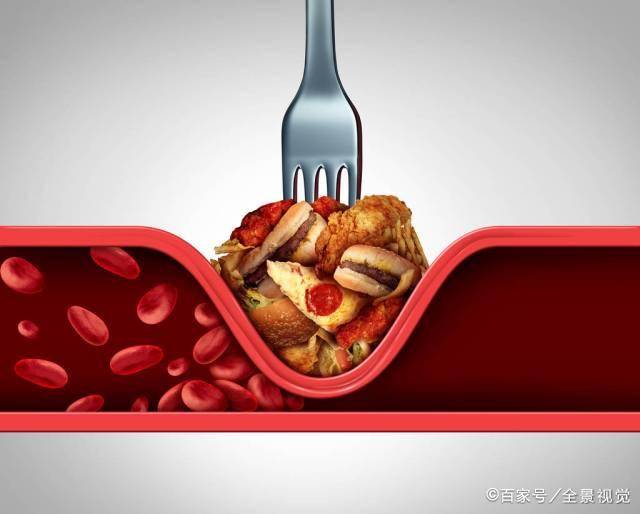Cholesterol, a daunting three-character word, today the editor will share some useful information about it to help you understand cholesterol better. Cholesterol can be categorized into two types based on its density: high-density and low-density. You might think that high-density cholesterol is something to avoid, as it sounds harmful to the body. On the contrary, low-density cholesterol is actually more detrimental to our health. Cholesterol can affect our physical health, which is also reflected in our body shape and weight, making it quite intuitive. Cholesterol is further divided into exogenous and endogenous, which simply refers to how cholesterol in our body is sourced.
For a normal person, the intake of cholesterol usually comes from diet, such as a love for fatty meats and sweets. Therefore, controlling and suppressing cholesterol through diet is the most direct and effective method. I will discuss a few foods that can help lower cholesterol. Eating more of them can easily reduce cholesterol levels while shedding some pounds!
First, kiwi. Everyone knows that kiwi is the king of fruits, high in vitamin content as well as fiber, which aids digestion and has a strong ability to help the body eliminate toxins and waste. Some components in kiwi can even lower cholesterol levels! It’s great for fat loss and beauty, making it one of the most beloved fruits during weight loss!
Second, ginger. Many people may dislike the taste of ginger and avoid it, but you should consume it in small amounts! Excessive cholesterol in the body can lead to gallstones, and ginger contains a substance called gingerol, which can lower cholesterol levels while speeding up fat breakdown.
Third, kelp soup and corn. Kelp is a type of sea product containing effective components like fiber, which can absorb excess fat and cholesterol, thereby eliminating them from the body to maintain internal balance. Corn also contains fiber that promotes intestinal motility. You might know that corn has a substance called corn oil, and one might wonder if consuming more corn oil—which is also an oil—would lead to cholesterol accumulation. It won’t. Although it is also a fat, it can influence the body’s absorption of cholesterol; thus, less absorption equates to a reduction in cholesterol levels.
Fourth, tangerines. The fiber in tangerines does not need much explanation, but it is worth mentioning that they contain another substance that can enhance the liver’s detoxification ability and help the body convert cholesterol into effective substances it needs, fully utilizing cholesterol and indirectly reducing its levels.
Now that we have a general idea of how to control diet, what details should we pay attention to in life?
First, sleep. Nighttime is when the liver is most active, and excessive late nights can decrease liver function, as cholesterol can only be metabolized in the liver. Therefore, maintaining liver health and normal operation is key. So, you must reach a deep sleep state by 11 PM!
Second, drink water. About 60-70% of the human body is water, so replenishing fluids is crucial for the body. It speeds up metabolism, effectively transporting waste outside and preventing excessive accumulation.
Third, exercise. Exercise energizes the whole body, requiring energy expenditure, which leads to the metabolism and breakdown of cholesterol, thereby addressing the issue of excess cholesterol.
Fourth, take hot baths. Taking a hot bath every day helps alleviate fatigue and relax the body, while also dispersing cold, preventing stagnation of waste due to poor blood flow in the body.
In summary, to keep cholesterol at bay, one must adjust their lifestyle to a healthy state. Pay attention to diet, and remember that illness can come from what you eat!


